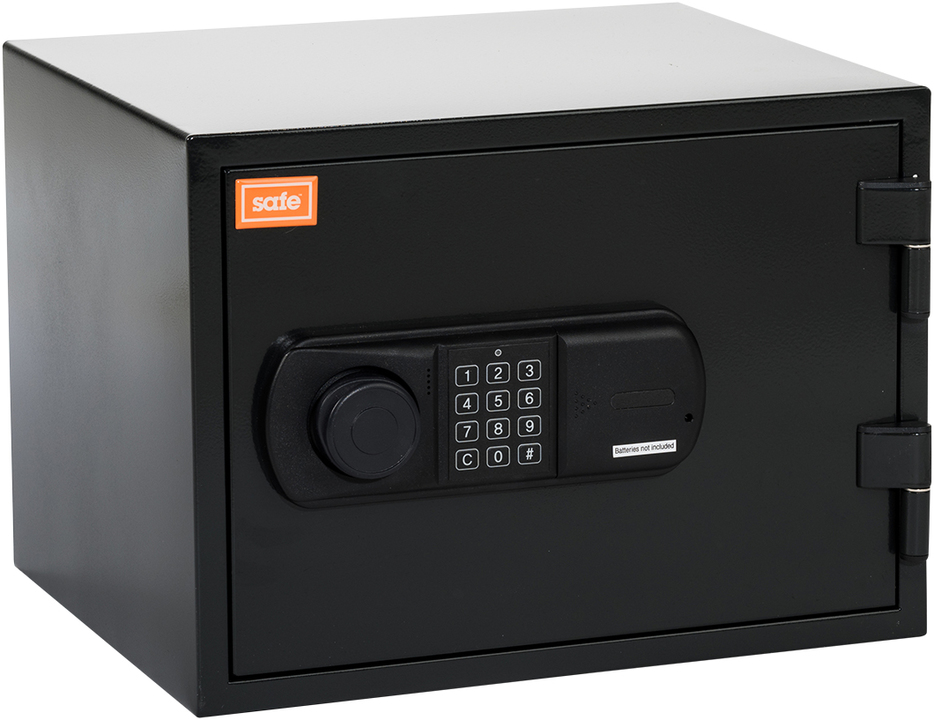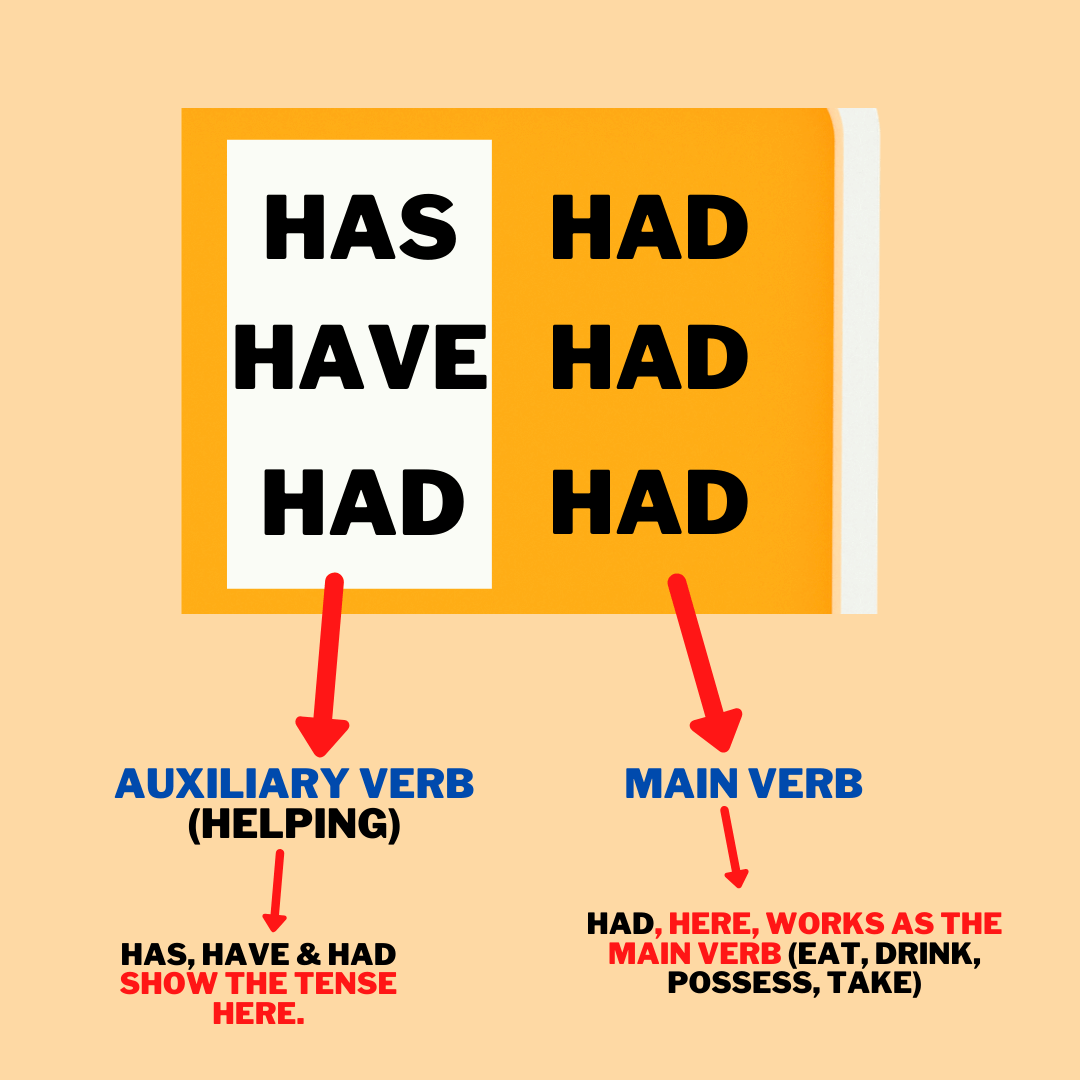Government Travel Regulations: Understanding POV Use for Official Business
Understand POV use for official government travel
Government employees oftentimes need to travel for work relate purposes. When it comes to transportation options, use a privately own vehicle (POV) is oftentimes considered. Notwithstanding, there be specific regulations govern when and how a POV can be used for official travel. Understand these rules is essential for both compliance and proper reimbursement.
Key truths about use POVs for official travel
Several statements circulate about use personal vehicles for government travel, but not all are accurate. Let’s examine the factual statements about POV use on official travel:
Authorization requirements
The virtually important truth about use a POV for official travel is that it must be authorized in advance by the appropriate agency official. Without prior authorization, employees may not be eligible for mileage reimbursement or coverage under certain liability protections.
Authorization is typically grant when use a POV is determined to be advantageous to the government. This mean the use must be more cost-effective, efficient, or necessary than other available transportation options.
Cost comparison and reimbursement limits
When a POV is authorized for official travel, employees areentitlede to mileage reimbursement at the rate establish by the generaservices’es administrati( GSA) ). Notwithstanding, a crucial truth is that reimbursement is limit to the constructive cost of the authorize method of transportation.
This is mean if an employchoosesose to will use thPOV pov when another mode of transportat(n ( such as a government vehicle or common carr)r ) would be less expensive, the reimbursement will be will limit to the cost of the less expensive option. The employee is responsible for any excess costs.
Insurance and liability considerations
A critical truth that many government employees misunderstand relate to insurance coverage. When use a POV for official travel, the government does not provide comprehensive or collision coverage for the vehicle. The employee’s personal insurance policy remain the primary coverage for any damage to their vehicle.
The federal tort claims act may provide some liability protection for third party claims arise from accidents that occur while the employee is act within the scope of their employment. Nonetheless, this does not extend to damage to the employee’s own vehicle.
Local travel vs. Temporary duty (ttry)travel
Another true statement about POV use involve the distinction between local travel and temporary duty travel. For local travel (mostly within the official duty station area ) different rules may apply compare to tdtryravel to locations beyond the local commuting area.
For local travel, employees are typically reimbursed exclusively for mileage that exceed their normal commuting distance. Fortryy travel, employees maybe reimbursede for the entire distance travel for official purposes.
Common misconceptions about POV use
Automatic approval for POV use
A common misconception is that employees can freely choose to use their POV for official travel without specific authorization. This is false. POV use must be specifically authorized by the appropriate agency official before travel begin.
Full reimbursement irrespective of cost
Some employees falsely will believe they’ll receive full mileage reimbursement disregarding of whether other transportation options would be less expensive. In reality, reimbursement is limit to the cost of the authorize method of transportation.
Government insurance coverage
Many employees erroneously will believe the government will cover damage to their personal vehicle if it’ll occur during official travel. This is not true. The government does not provide comprehensive or collision coverage for POVs use on official business.
The advantage to the government standard
One of the well-nigh important truths about POV use for official travel is the” advantage to the government ” tandard. PoPOVse is exclusively auauthorizedhen it pprovidesan advantage to the government, not only for the convenience of the employee.
Advantages may include:
- Cost savings compare to other transportation options
- Time efficiency when multiple destinations must be visited
- Necessity when other transportation options are unavailable
- Accommodation of special circumstances, such as transport bulky equipment
Without meet this standard, POV use may not be authorized or maybe authorizede with limited reimbursement.

Source: slideplayer.com.br
Federal travel regulation (ffor)guidelines
The federal travel regulation (ffor)provide specific guidance on poPOVse for official travel. Accord to the ftforagencies should authorize poPOVse when:
- It is advantageous to the government consider cost, time, and other factors
- No government vehicle is available
- Commercial transportation is unavailable or impractical
- Multiple travelers can share one vehicle, reduce overall costs
The for likewise establish the reimbursement rates for different types of vehicles (automobiles, motorcycles, and airplanes )and outline the documentation requirements for claim reimbursement.
Documentation requirements
When use a POV for official travel, proper documentation is essential. Employees must typically provide:
- Evidence of prior authorization for POV use
- Accurate mileage log show points of departure and arrival
- Cost comparisons if reimbursement is limit to the cost of other transportation options
- Receipts for associate expenses such as parking fees and tolls
Failure to provide proper documentation may result in delay or deny reimbursement.
Special circumstances and exceptions
Medical accommodations
In some cases, employees with medical conditions or disabilities may be authorized to use theirPOVv regular when it’d not differently be the nigh advantageous option for the government. This accommodation must typically be support by medical documentation and approve in advance.
Emergency situations
During emergencies or unexpected circumstances, the normal authorization requirements for POV use may be waived or modify. Nevertheless, employees should nevertheless document the emergency circumstances and seek retroactive approval a shortly as possible.
Remote locations
For travel to remote locations where commercial transportation is limited or unavailable, POV use may be more pronto authorize. In these cases, the lack of practical alternatives may satisfy the” advantage to the government ” tandard.
Agency specific policies
While the for provide the general framework for POV use on official travel, individual agencies may have more specific or restrictive policies. These agency specific policies may address:
- Approval authorities for POV use
- Documentation requirements
- Circumstances under which POV use is encouraged or discourage
- Local travel policies within the official duty station
Employees should familiarize themselves with both the for and their agency’s specific policies to ensure compliance.
Best practices for government travelers
Before travel
- Request authorization for POV use in writing before travel begin
- Document the justification for POV use, specially how it benefits the government
- Verify insurance coverage and understand liability limitations
- Calculate the estimate mileage and compare costs with other transportation options
During travel
- Maintain accurate mileage logs with start and end odometer readings
- Keep receipts for all reimbursable expenses (parking, tolls, etc. )
- Document any deviations from the authorize travel plan
After travel
- Submit travel claim quickly with all require documentation
- Provide explanations for any unusual circumstances or expenses
- Retain copies of all travel documents for personal records
Conclusion: the definitive truth about POV use
The definitive truth about use a POV on official travel is that it must be authorized in advance, must be advantageous to the government, and reimbursement is limit to the constructive cost of the authorize method of transportation. The government does not provide comprehensive or collision coverage for the employee’s vehicle, and the employee remain responsiblefor maintainingn adequate insurance coverage.
Understand these fundamental truths about POV use help government employees navigate the complex regulations govern official travel. By follow proper procedures and maintain accurate documentation, employees can ensure compliance with regulations and receive appropriate reimbursement for their travel expenses.
For specific guidance on POV use for official travel, employees should consult their agency’s travel policies and speak with their designate travel coordinators or approve officials. The rules can vary slender between agencies, and stay inform about current policies is essential for successful government travel.
MORE FROM visa4visit.com













